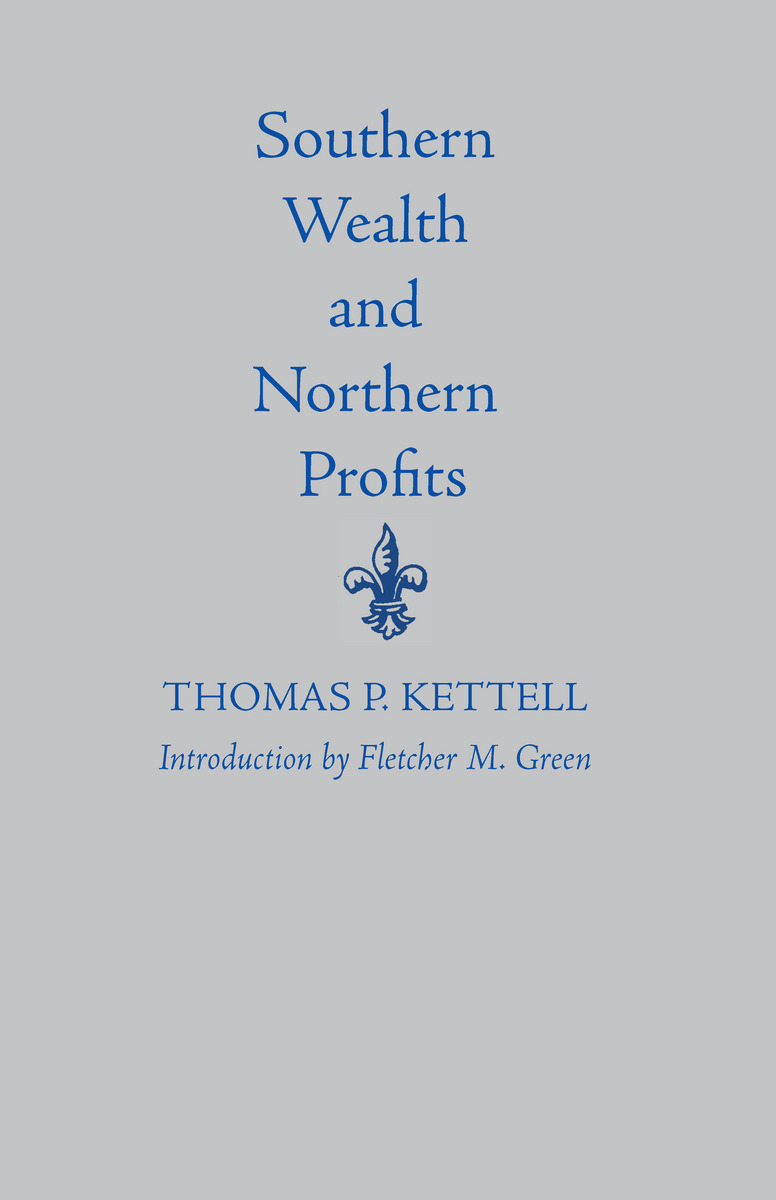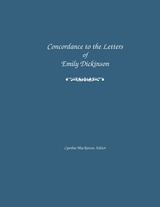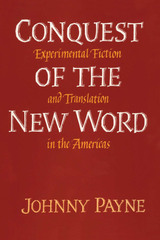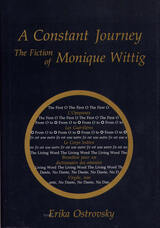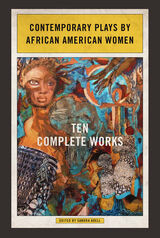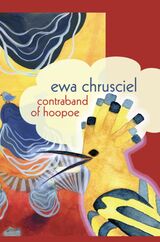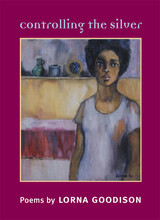Southern Wealth and Northern Profits
University of Alabama Press, 1965
Paper: 978-0-8173-5012-3 | Cloth: 978-0-8173-5210-3
See other books on: Business & Economics | Economic History
See other titles from University of Alabama Press
Paper: 978-0-8173-5012-3 | Cloth: 978-0-8173-5210-3
ABOUT THIS BOOK | AUTHOR BIOGRAPHY | REVIEWS
ABOUT THIS BOOK
“This able work addresses itself peculiarly to the patriotism and interests of the American people, at this juncture, when it has become the duty of every good citizen, whatever may be his political creed, to aid in spreading the light of that truth which alone is depended upon to ‘combat error where the press is free.’”
Thomas Prentice Kettell was an outstanding spokesman of that group of pre-Civil War Northerners who earnestly believed that it was possible to save their country from the horrors of a sectional conflict, who worked many years to prevent the threatened dissolution of the Union, but zealously supported the national government during the Civil War in the hope that military victory would achieve what thirty years of wrangling, negotiation, and compromise had failed to accomplish-namely the preservation of a united North and South. Most of this Northern group were linked by economic ties to the planters of the South. As merchants, shippers, and financiers they largely depended upon the cotton trade for much of their prosperity; hence they opposed governmental policies which they believed would disturb their connections with the South and the foundations on which their economic prosperity and well being rested. But the fact that their ideas and position were founded on selfish economic interests did not make their action dishonest or unpatriotic.
Southern Wealth and Northern Profits was favorably received in the South where Kettell’s free trade principles, sympathetic attitude toward slavery, and his interest in Southern economic development had long been known. Moderate Southerners hoped the book might be helpful toward a compromise that would prevent secession, whereas radicals hoped it would further the cause of secession.
Thomas Prentice Kettell was an outstanding spokesman of that group of pre-Civil War Northerners who earnestly believed that it was possible to save their country from the horrors of a sectional conflict, who worked many years to prevent the threatened dissolution of the Union, but zealously supported the national government during the Civil War in the hope that military victory would achieve what thirty years of wrangling, negotiation, and compromise had failed to accomplish-namely the preservation of a united North and South. Most of this Northern group were linked by economic ties to the planters of the South. As merchants, shippers, and financiers they largely depended upon the cotton trade for much of their prosperity; hence they opposed governmental policies which they believed would disturb their connections with the South and the foundations on which their economic prosperity and well being rested. But the fact that their ideas and position were founded on selfish economic interests did not make their action dishonest or unpatriotic.
Southern Wealth and Northern Profits was favorably received in the South where Kettell’s free trade principles, sympathetic attitude toward slavery, and his interest in Southern economic development had long been known. Moderate Southerners hoped the book might be helpful toward a compromise that would prevent secession, whereas radicals hoped it would further the cause of secession.
See other books on: Business & Economics | Economic History
See other titles from University of Alabama Press
